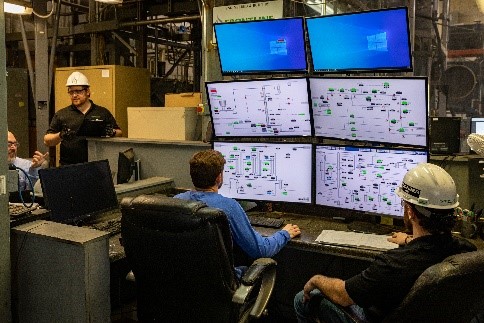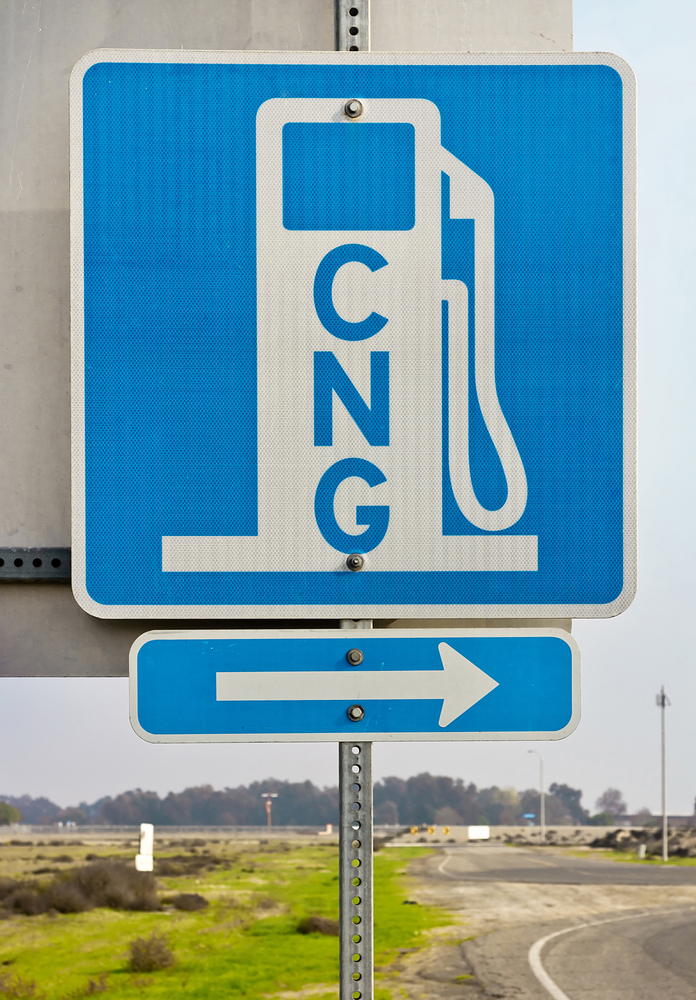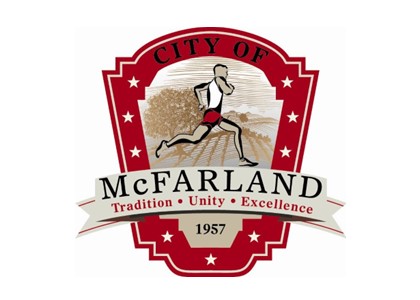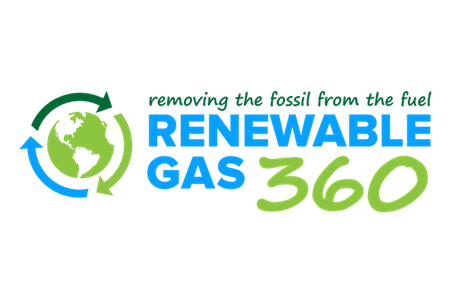The San Joaquin Valley in California is the food basket to the U.S., providing nearly 12% of the U.S. agricultural gross domestic product and is the primary source of petroleum and natural gas to California. However, the San Joaquin Valley also has the dubious distinction of having some of the worst air quality in the U.S., being out of compliance for five of six ambient air pollutants – a major health hazard for area residents. The poor air quality is exacerbated by farmers’ illegal open burning of excess agricultural residues with no outlet, even though they pay fines up to $500 per acre, as other options currently don’t exist. Meanwhile, there is a serious shortage of cellulosic biofuels nationally, relative to the volumes envisioned by the U.S. Renewable Fuel Standard program.
San Joaquin Renewables, LLC provides a compelling answer to these three problems as it plans to build, own, and operate a biomass energy facility (the “Plant”) that will produce 5000 million Btu per day (MMBtu/day) of pipeline quality Renewable Natural Gas (RNG) from sustainable almond orchard waste wood as well as almond and pistachio shells. It reduces the need for open burning of waste biomass and generates a RNG transportation fuel. RNG produces fewer emissions than gasoline or diesel on a well‐to‐wheel basis and is simpler and less expensive to manufacture. The Plant will generate revenue from the sale of RNG as transportation fuel and other co‐products. The RNG will earn added value through both the U.S. Renewable Fuel Standard and California Low Carbon Fuel Standard.
The Plant will be located near Bakersfield, California, and will utilize Frontline BioEnergy’s Biomass into Natural Gas (BING™) process that includes patented gasification technology and proprietary methanation catalyst. With this existing, proven technology, San Joaquin Renewables can produce RNG from biomass more efficiently than any other cellulosic biofuel process available. This pathway is simpler and cheaper than producing liquid cellulosic biofuels, and most importantly, it is more efficient, yielding nearly 50% more usable biofuel energy compared to the Fischer‐Tropsch synthesis route. This results in an opportunity to solve the excess agricultural residue and a shortage of cellulosic biofuel problems, while at the same time helping to solve the air pollution problem in the San Joaquin Valley and making good returns for investors.
San Joaquin Renewables has executed term sheets with suppliers of orchard clearing companies and nut and pistachio shelling companies for up to 133% of the Plant’s annual consumption. The Plant’s annual consumption represents less than 20% of the feedstock available in a 50 mile radius of the Plant. Upon successful operation of the Plant, San Joaquin Renewables will build additional RNG production facilities; Frontline believes there is enough biomass in California for more than 100 BING™ plants.
San Joaquin Renewables has executed a term sheet for a 10-year offtake of 100% of the Plant’s annual RNG production. The Plant’s capacity would serve ~3.8% of the estimated U.S. CNG market for vehicles in 2021 and a little over half of the expected annual growth in the CNG market that year. The U.S. RNG market is a small fraction of the CNG market. RNG supply has been dominated by small‐scale producers using biological anaerobic digestion methods to produce biogas that is cleaned and compressed to meet natural gas pipeline quality standards. The U.S. and California governments have placed an added value on RNG used as a transportation fuel. This is a very high incentive to enter the RNG market. However, producing RNG via anaerobic digesters has a host of challenges that have made it hard to achieve profitability.
Frontline BioEnergy’s BING™ process, including patented thermal gasification technologies, eliminates the problems associated with anaerobic digesters and landfill gas by enabling fast conversion of sustainable biomass feedstocks at large scale. Frontline’s process takes only seconds instead of days (in the case of anaerobic digesters) or even years (in the case of landfill gas). It is a process that will transform the very high volumes of available cellulosic biomass materials into the volume of biofuel needed to satisfy the RFS cellulosic requirement.
San Joaquin Renewables is currently offering up to $6 million ($8 million if fully oversubscribed) in series A equity to complete detailed engineering and permitting for the Plant. San Joaquin Renewables expects the construction financing to follow in a series B offering in approximately 18 months. An initial public offering (IPO) after earnings are demonstrated may provide investment liquidity. Plant start‐up is anticipated in 2021 with an estimated simple payback of about 3 years.
If you are interested in this incredible investment opportunity, please contact us to get more information about San Joaquin Renewables and the Plant.





